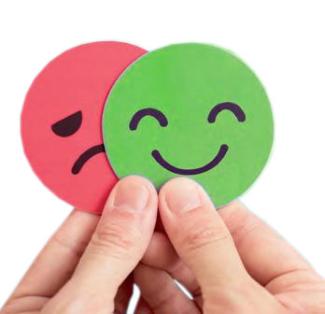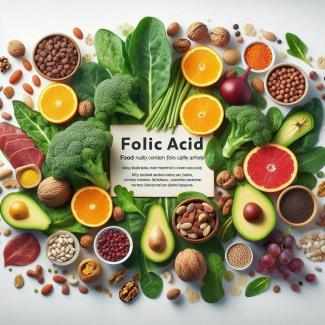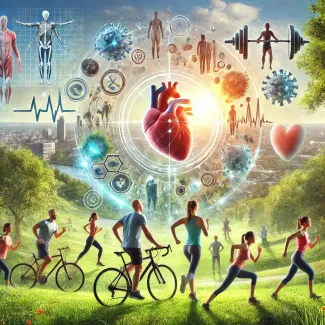
Depression is a complex and multifaceted condition with various potential causes, and it's important to note that there is no one-size-fits-all explanation for why someone may be depressed. It's often a combination of factors that contribute to an individual's experience of depression. Here's a detailed description of some common causes and contributing factors:
- Biological Factors:
- Brain Chemistry: Changes in the brain's neurotransmitter levels, such as serotonin, norepinephrine, and dopamine, can play a role in depression.
- Genetics: A family history of depression can increase the risk of developing depression. Certain genetic variations may also make some individuals more vulnerable.
- Psychological Factors:
- Trauma: Past traumatic events, such as physical, emotional, or sexual abuse, can contribute to depression.
- Chronic Stress: Prolonged exposure to stress, whether related to work, family, or personal life, can increase the risk of depression.
- Low Self-Esteem: A negative self-image, low self-esteem, or feelings of worthlessness can be linked to depression.
- Perfectionism: Unrealistic standards and constant self-criticism can lead to depression.
- Environmental Factors:
- Life Changes: Major life events such as divorce, job loss, financial difficulties, or the death of a loved one can trigger depression.
- Social Isolation: Lack of social support and feelings of loneliness can contribute to depression.
- Substance Abuse: Drug or alcohol abuse can both lead to and exacerbate depression.
- Physical Health Factors:
- Chronic Illness: Certain medical conditions like cancer, diabetes, or chronic pain can contribute to depression.
- Medications: Some medications, including certain prescription drugs, can have depression as a side effect.
- Hormonal Changes: Hormonal fluctuations during pregnancy, postpartum, menopause, or thyroid problems can influence mood.
- Personality Traits:
- Neuroticism: Individuals with high levels of neuroticism, characterized by emotional instability and negative emotions, are more susceptible to depression.
- Cognitive Factors:
- Cognitive Distortions: Depressive thinking patterns, such as black-and-white thinking, overgeneralization, and catastrophizing, can contribute to and perpetuate depression.
- Lack of Coping Skills:
- An inability to cope with stress or adversity in healthy ways can make individuals more vulnerable to depression.
- Biological Rhythms:
- Seasonal Affective Disorder (SAD) is a type of depression that tends to occur at specific times of the year, typically in the fall and winter months when there is less sunlight.
It's important to understand that depression is a highly individualized experience, and what causes depression in one person may not be the same for another. Additionally, some people may experience depression without any apparent cause.
If you believe you may be experiencing depression, it's crucial to seek professional help. A mental health provider can help you determine the causes and contributing factors specific to your situation and develop a personalized treatment plan, which may include therapy, medication, lifestyle changes, or a combination of these approaches. Depression is treatable, and with the right support, many people can recover and lead fulfilling lives.






